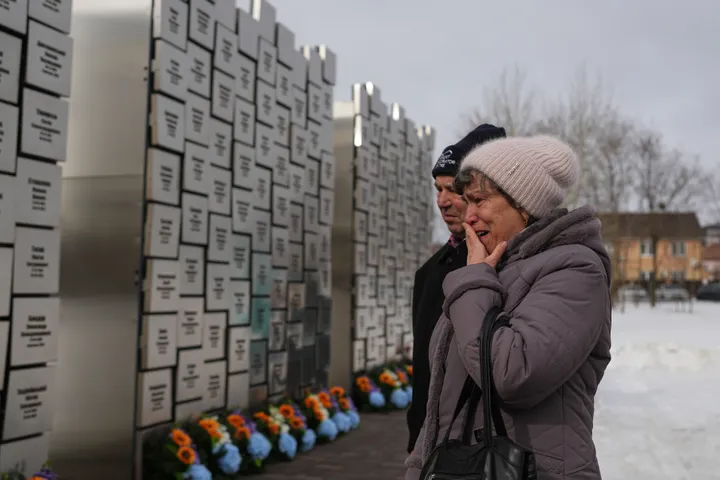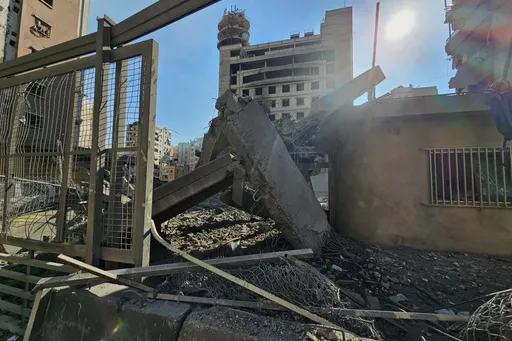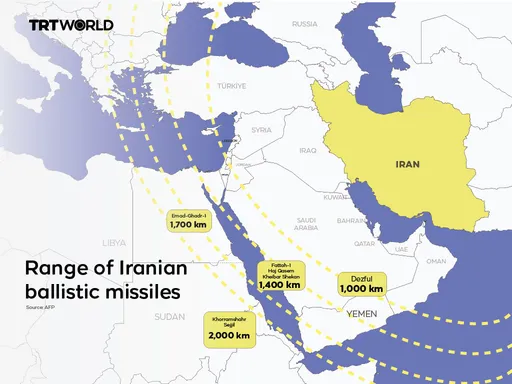Refugees and migrants in the northern France are being held in such poor conditions by French authorities, that some have gone on hunger strike or have attempted suicide, according to the aid group, Refugee Rights Europe.
The North of France, particularly the city of Calais, is home to thousands of refugees, many of whom are sleeping rough or in ad-hoc shelters after the destruction by French authorities of the ‘jungle’ camp in 2016.
Home to a ferry port and Eurotunnel line, which connect mainland Europe to the UK, Calais has become the primary destination for refugees and migrants hoping to cross the English Channel.
French authorities, however, maintain tight security measures, meaning those wanting to cross either have to bide their time in Calais, or make risky attempts to smuggle themselves on to boats or trucks heading to England.
“This form of bottle-neck scenario has been unfolding in Northern France for decades, characterised by precarity, rough-sleeping, dangerous and unauthorised border-crossings, and a heavy-handed police response,” said RRE’s Marta Welander.
The desperation to cross, which is exacerbated by conditions in Calais, can often be fatal.
In March, a 19-year-old Ethiopian national named Kiyar, died after boarding a lorry on its way to England.
Between 1997 and 2017, at least 197 people died trying to reach the shores of England, with the number believed to be much higher because many deaths go unreported, according to RRE.
While in Calais and its surrounding areas, refugees complain of poor conditions inside detention centres and outside.
Since the destruction of the ‘jungle’ camp, which was home to thousands of refugees, authorities have moved to ensure no new camps can form.
This policy has resulted in a cat and mouse situation between French security forces and the refugees. The refugees set up small tent camps, and officials move fast to demolish them.
On March 12, hundreds of people were left with nowhere to sleep when an encampment was destroyed by French police.
“There is no democracy in my country, there is no democracy here. There is no humanity here,” said one Eritrean youth sleeping rough in Calais for nearly a year.
RRE said, the policy meant aid groups were always struggling to provide care to those vulnerable, and supply them with essentials, such as sleeping bags, food, and tents.
Inside French detention camp in nearby Coquelles, conditions are seemingly not much better.
“I was in detention in Coquelles and they put me in a small cell. Everything was metal, the floor, ceiling, and a metal bed. They gave me two dirty blankets, and it was really cold. In one corner there was a toilet with a camera on top. It was an awful place,” said one Afghan man, who did not wish to be identified.
RRE said it was aware of a hunger strike, and several suicide attempts, as a result of conditions in the camps.
Welander said: “The tried and tested approach on the French side, combined with an undeniable failure on part of the British government to meaningfully facilitate safe and legal passage for prospective asylum-seeker…directly hinders an effective resolution to a detrimental and decades-long situation.”
Most of those in Calais come from countries that are experiencing wars, or are those escaping repression in their home countries.
The largest numbers come from Iraq, Afghanistan, Sudan, and east Africa, and while most are adult men, a considerable number are women and children.























